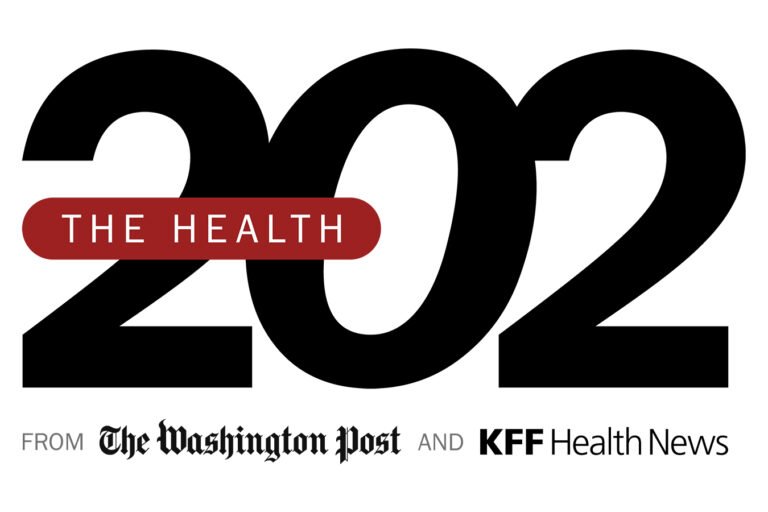There’s a long-running battle between insurers and drugmakers over monetary help packages that purport to assist sufferers afford costly medicine. And these days, insurers have been dropping floor as lawmakers, regulators and courts weigh in.
The difficulty is whether or not coupons and different copay assist many sufferers get from drugmakers ought to rely towards annual insurance coverage deductibles and out-of-pocket spending limits, enabling them to extra shortly get fuller protection for his or her medicines or different care. Insurers and employers gripe that the help is only a advertising ploy, supposed to maintain sufferers on costlier medicine even when cheaper alternate options can be found.
However caught within the center are folks like Jennifer Hepworth of Eagle Mountain, Utah, who makes use of drugmaker help packages to pay for a number of prescriptions for herself and her daughter. Sufferers “are those dropping out each time on this battle between these two mega-industries,” Hepworth stated.
Hepworth’s household used to have the ability to nearly instantly hit their annual deductible through the use of drugmaker coupons for co-payments. By midyear, they’d hit their out-of-pocket most of $10,000 and not have any co-payments in any respect.
Then the insurance coverage plan managing her husband’s employer protection made a key change: It adopted a observe known as “co-payment accumulator” that prevented these drug coupons from being counted towards deductibles.
Hastily, Hepworth’s household needed to pay hundreds of {dollars} out-of-pocket towards their deductible.
“Every thing went on bank cards,” she stated. And it took rather a lot longer to hit the out-of-pocket most.
The insurance coverage trade says it may’t enable drugmaker monetary help to rely towards deductibles with out affecting month-to-month premiums. It’s “a significant instrument in maintaining medical insurance inexpensive,” the Blue Cross Blue Protect Affiliation stated in a recent letter to regulators.
The majority of insured people are in plans that use these sorts of packages, based on Avalere, a consulting agency. However some politicians aren’t shopping for it. Nineteen states now restrict copay accumulator packages for some insurance policy — although not these of huge employers that cowl most staff..
And bipartisan laws launched in each chambers of Congress would require drugmaker monetary help to be counted towards insurer deductibles and out-of-pocket limits.
Known as the Help Ensure Lower Patient Co-pays Act, it will apply to most plans, together with these exempt from state guidelines, reminiscent of these of huge employers.
On high of all that, affected person advocacy teams won a favorable ruling final December in opposition to copay accumulator packages within the U.S. District Court docket for D.C.
Carl Schmid, govt director of the HIV+Hepatitis Coverage Institute, stated the court decision basically overturns a provision of a Facilities for Medicare and Medicaid Providers rule began late within the Trump administration that allowed insurers to develop the observe to nearly any drug. Earlier guidelines from 2020 would now be in impact, Schmid stated, requiring copay help to rely towards the deductible for all medicine for which there isn’t a medically applicable generic various obtainable.
Even so, modifications for a lot of insured sufferers could take some time.
The Biden administration dropped an appeal of the choice on the Trump-era regulation in January, however it has filed motions saying that “it doesn’t intend to take any enforcement motion in opposition to issuers or plans” till regulators draw up new guidelines, based on Ellen Montz, deputy administrator and director of the Heart for Client Info and Insurance coverage Oversight at CMS.
This text is just not obtainable for syndication attributable to republishing restrictions. In case you have questions concerning the availability of this or different content material for republication, please contact NewsWeb@kff.org.

